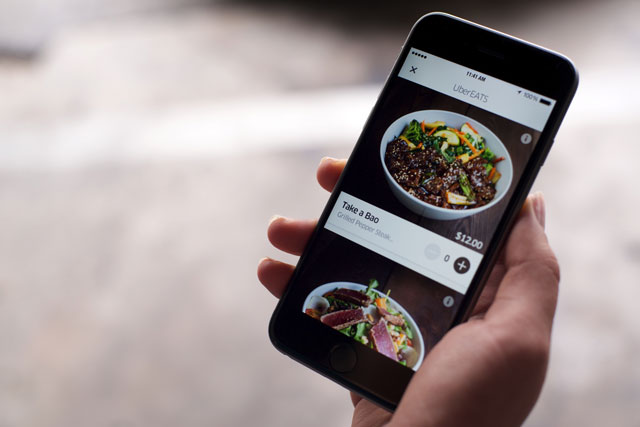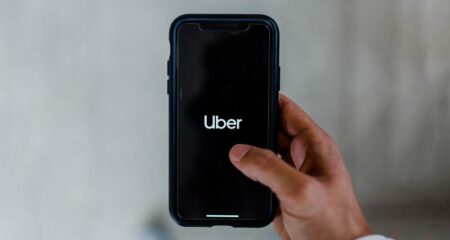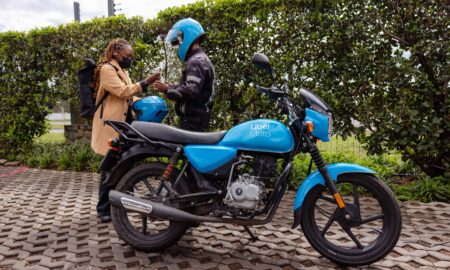
Food delivery app UberEats was launched on Wednesday in South Africa and the company behind the ride-sharing app is confident the service will disrupt the food industry, and possibly other sectors as well.
Uber GM for sub-Saharan Africa Alon Lits said that UberEats had the potential to change people’s eating habits.
“UberEats has the ability to change the way restaurants operate. Through partnerships given the scale, smaller businesses could expand to a wider customer base through UberEats,” Lits said.
“While reaching more customers through UberEats, restaurant owners could now think of investing elsewhere in their businesses, like adding more seats or additional kitchen space,” he added.
The app is an on-demand service that taps Uber’s network of partner-drivers to deliver meals from restaurants.
UberEats however, is a separate application from that of the ride-sharing app. UberEats promises an average delivery time of 30 minutes from order to drop-off, company officials said at an event on Wednesday.
Deliveries can be tracked in real-time with a range of top restaurant chains partnering with the service.
The service, at first, will be available in Johannesburg’s northern suburbs with a plan to expand to other major centres.
David Kitley, operations and logistics manager for Uber sub-Saharan Africa, said that the company is confident that the concept could be applied into other spheres of delivery business.
“We hope to bring all the experience and logistics into the delivery space,” Kitley said.
“Not only to restaurants but to beverage companies or e-commerce players … this platform really unlocks different use cases and it shouldn’t just be seen as food delivery but also as a test case for something else,” he said.
How the app works is that users can download it from Google Play or the Apple App Store, and enter in their details much like the Uber ride-sharing app itself.
A menu tailored for the UberEats service is then made available for users to choose from, meals from the selected restaurant are prepared and collected by drivers.
The app makes user of UberX drivers already in their database, while the company also is experimenting on two-wheeled deliveries.
Kitley added that there was an opportunity for restaurant owners to supplement their already existing delivery service after-hours with UberEats drivers, or compliment their service altogether.
The service will launch on Thursday at 11am and thereafter run from 7am to 10pm with some restaurants operating 24-hours.
Deliveries come with a standard charge of R20 while meal sizes are not limited.
Kitley also said that the drivers deliver the meal items in insulated bags which kept cold foods cold and hot meals warm before reaching their destination.
South Africa is part of over 20 countries in Europe and Asia where the service is scheduled to be launched, and Johannesburg is the first city in Africa to experience the service.




